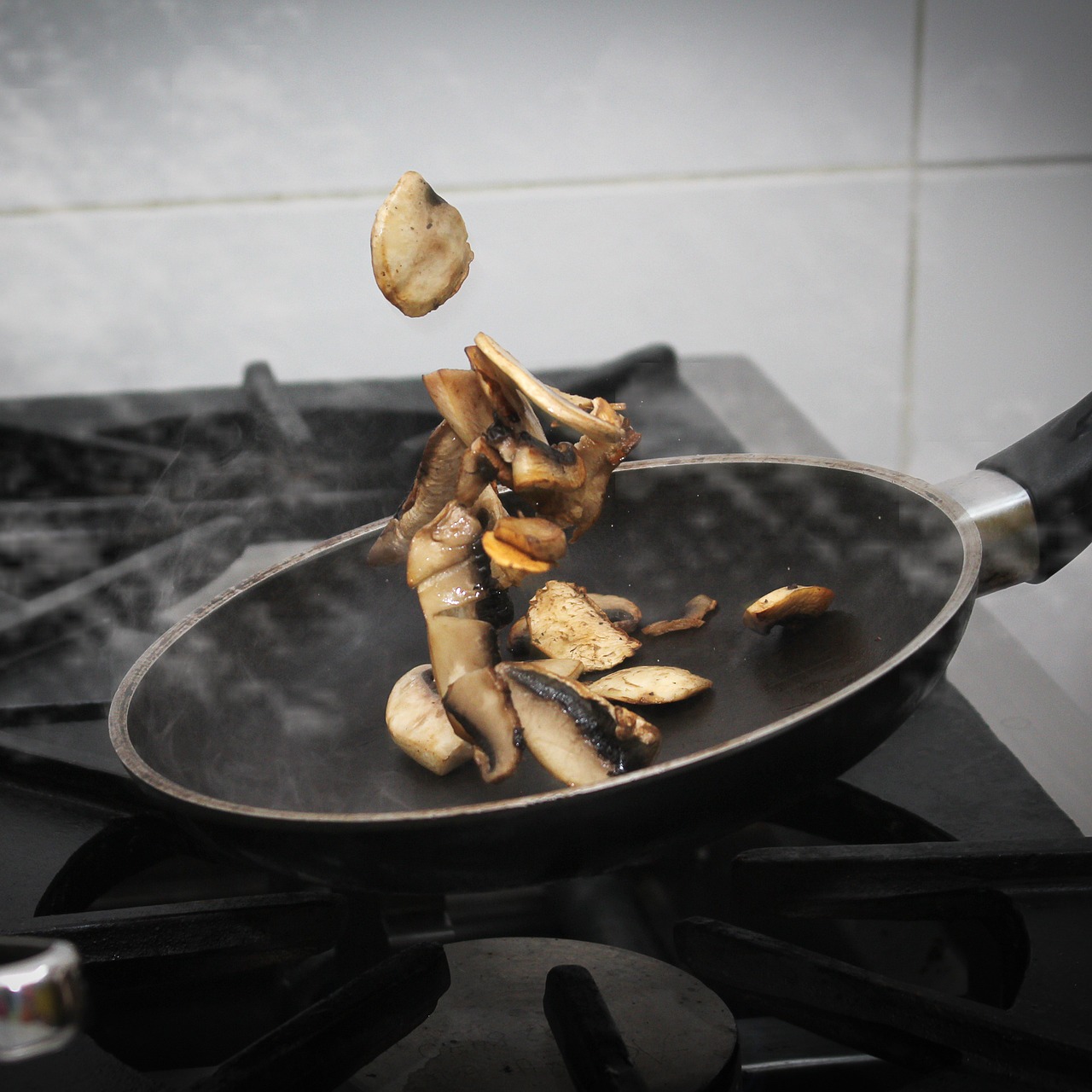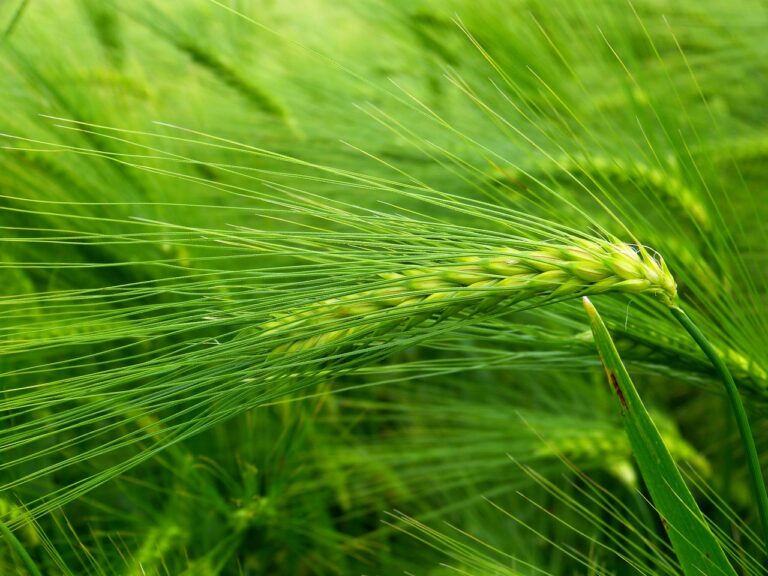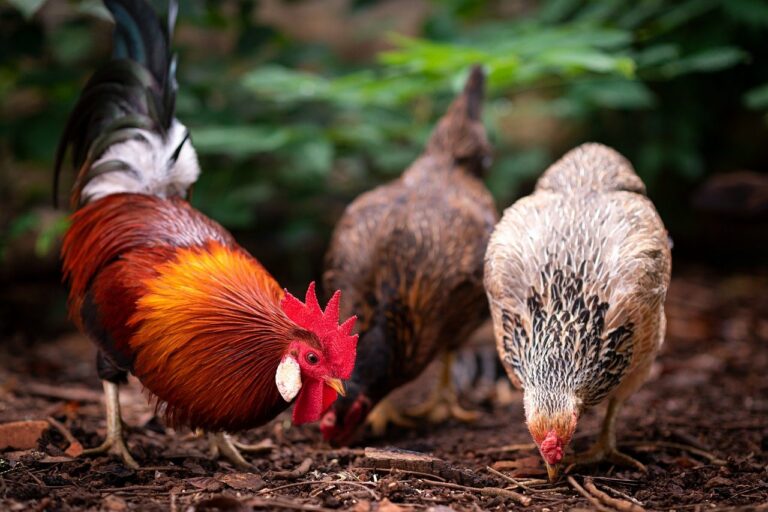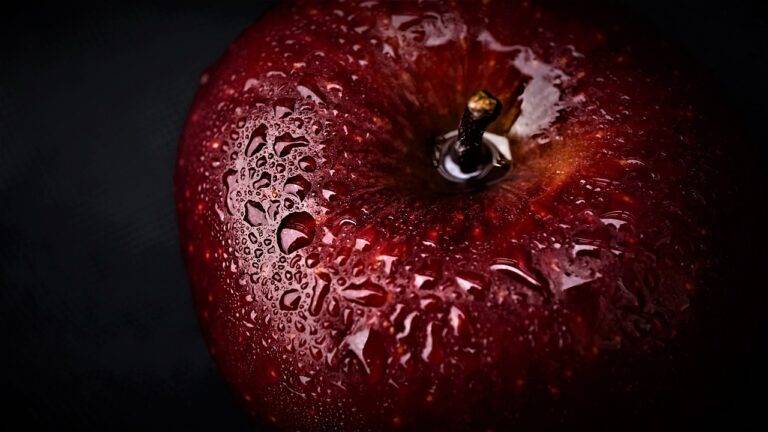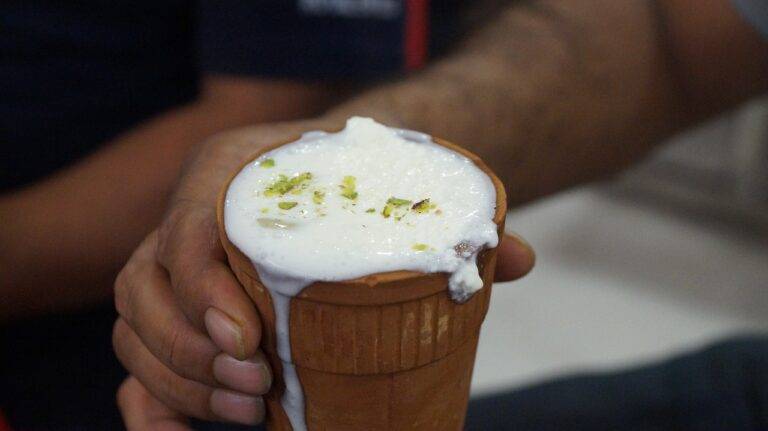Exploring the Role of Spices in Rituals and Ceremonies: Allpannel, Laserbook247 com, 247betbook
allpannel, laserbook247 com, 247betbook: When we think about rituals and ceremonies, we often envision elaborate costumes, intricate decorations, and captivating performances. However, one aspect that is often overlooked is the role of spices in these cultural practices. Spices have been used for centuries in various rituals and ceremonies around the world, adding flavor, aroma, and symbolism to these special occasions.
Spices hold a significant place in many cultures due to their association with various meanings and beliefs. From ancient times to modern-day practices, spices have been used to signify purity, prosperity, protection, and even spiritual connection. Let’s dive deeper into the role of spices in rituals and ceremonies and explore the fascinating ways in which they are incorporated into different cultural traditions.
The History of Spices in Rituals
Spices have a long history of being used in rituals and ceremonies dating back to ancient civilizations. In ancient Egypt, spices such as cumin, coriander, and cinnamon were used in the embalming process as a way to preserve the body and ensure a safe journey to the afterlife. Similarly, in ancient Greece, spices like saffron and mint were burned as incense during religious ceremonies to ward off evil spirits and invoke the favor of the gods.
In India, spices have played a vital role in religious ceremonies for centuries. Turmeric, saffron, cardamom, and cloves are commonly used in Hindu rituals to purify the space, offer prayers, and invoke blessings from the deities. In Ayurveda, the ancient Indian system of medicine, spices are also used for their healing properties and to balance the body’s energy.
The Role of Spices in Modern-Day Ceremonies
Despite the advancements in technology and modernity, the use of spices in rituals and ceremonies has not diminished. In fact, spices continue to hold a special place in cultural practices around the world, symbolizing tradition, heritage, and spirituality.
In Chinese culture, spices like star anise, cassia bark, and Sichuan peppercorns are used in traditional ceremonies such as weddings, Lunar New Year celebrations, and ancestral worship. These spices are believed to bring good luck, prosperity, and harmony to the participants.
In the Middle East, spices like sumac, za’atar, and baharat are commonly used in religious ceremonies and special occasions. These spices not only add flavor to the dishes but also symbolize abundance, hospitality, and unity within the community.
Spices are also used in ceremonies related to childbirth, marriage, and death in many cultures around the world. For example, in some African communities, spices like cloves, nutmeg, and ginger are used to bless newborn babies and protect them from evil spirits. In Mexican culture, cinnamon and cocoa are used in D�de los Muertos (Day of the Dead) ceremonies to honor deceased loved ones and guide their spirits back to the world of the living.
The Symbolism of Spices in Rituals
The use of spices in rituals and ceremonies is often symbolic, representing various aspects of life, such as purity, prosperity, protection, and rebirth.
Cinnamon, for example, is often used in ceremonies related to love and abundance due to its warm and sweet aroma. It symbolizes warmth, passion, and attracting positive energy into one’s life.
Saffron, with its vibrant color and rich flavor, is often used in rituals related to spirituality and enlightenment. It symbolizes purity, wisdom, and the divine presence of higher powers.
Cardamom, known for its strong aroma and intense flavor, is often used in rituals to bring about prosperity, success, and protection. It symbolizes strength, resilience, and overcoming obstacles in life.
The use of spices in rituals and ceremonies is not just about adding flavor or fragrance; it is about creating a meaningful and spiritual connection with the divine, the community, and oneself.
FAQs
Q: Are there any specific guidelines for using spices in rituals and ceremonies?
A: While there are no strict rules for using spices in rituals and ceremonies, it is essential to consider cultural traditions, beliefs, and sensitivities when incorporating spices into these practices. It is advisable to research the significance of each spice and its appropriate usage before including them in any ceremony.
Q: Can spices be substituted in rituals and ceremonies?
A: In some cases, spices can be substituted with herbs, flowers, or other aromatic ingredients that hold similar symbolic meanings or properties. It is essential to consider the context and purpose of the ceremony when selecting substitutes for spices.
Q: How should spices be handled and stored for rituals and ceremonies?
A: Spices should be stored in airtight containers away from light, heat, and moisture to retain their flavor and aroma. It is advisable to handle spices with clean hands and use fresh, high-quality spices for rituals and ceremonies to ensure their effectiveness and significance.
In conclusion, the role of spices in rituals and ceremonies is diverse and profound, representing tradition, spirituality, and symbolism across cultures and traditions. Whether used for purification, blessing, or protection, spices add a touch of magic and meaning to these special occasions, making them truly memorable and meaningful experiences. So, the next time you attend a ritual or ceremony, take a moment to appreciate the beautiful and aromatic world of spices that enriches these cultural practices.

